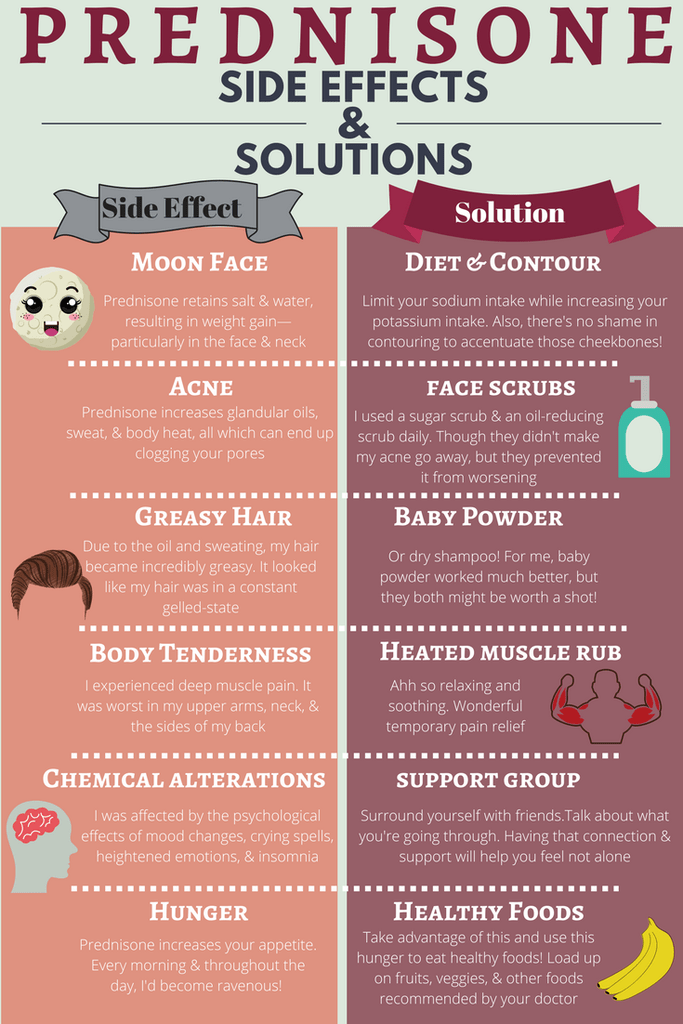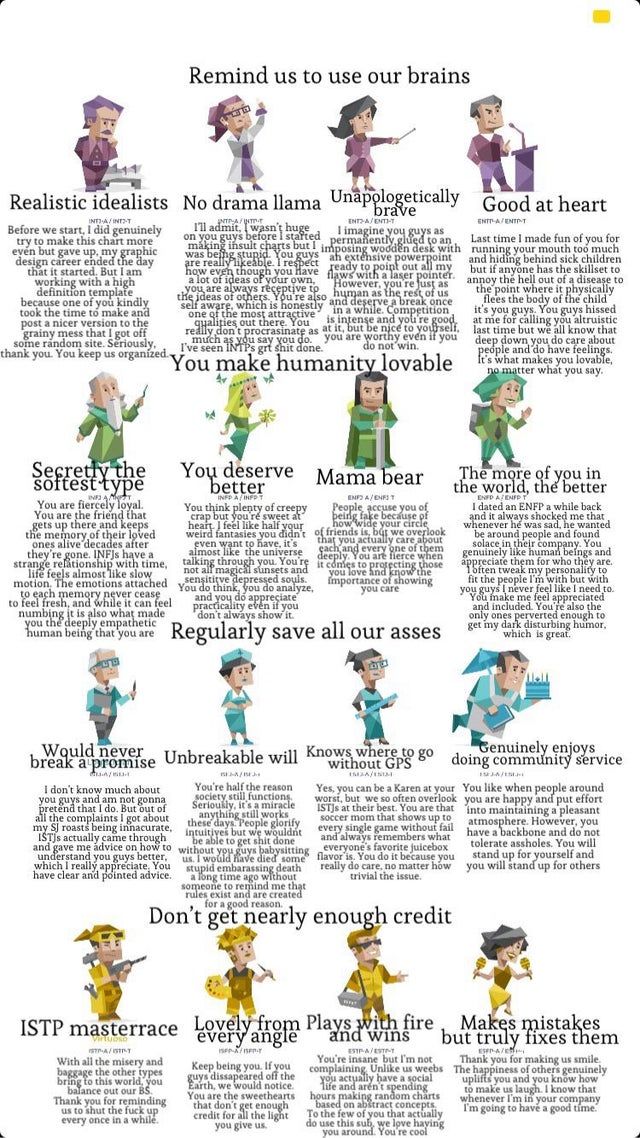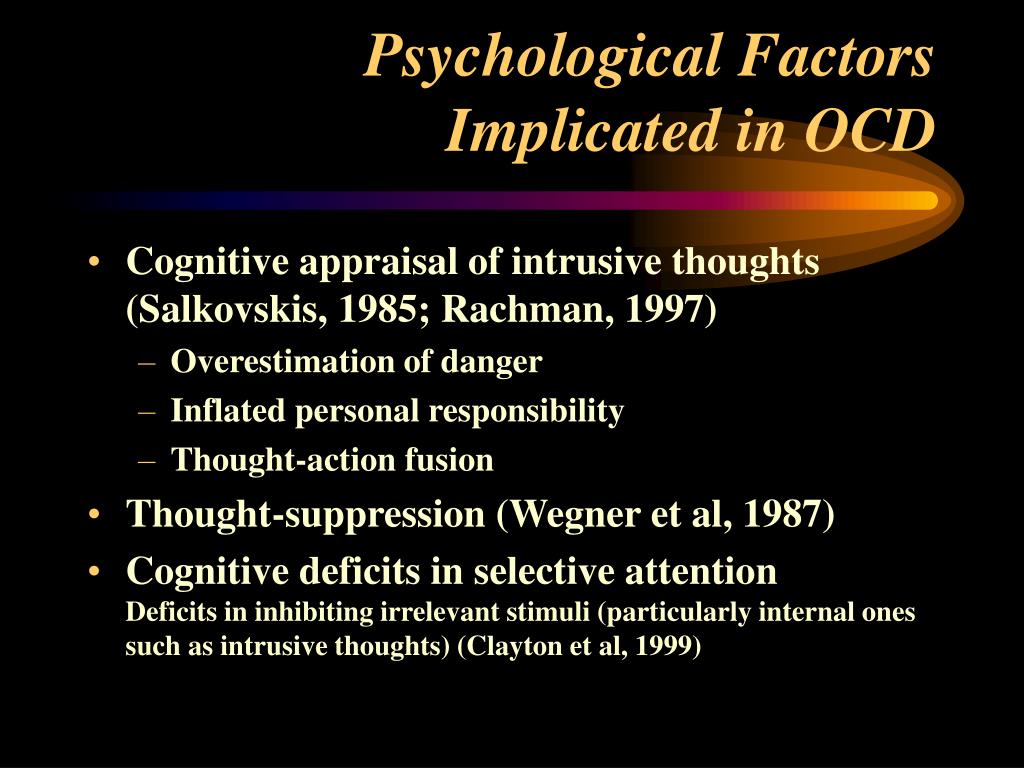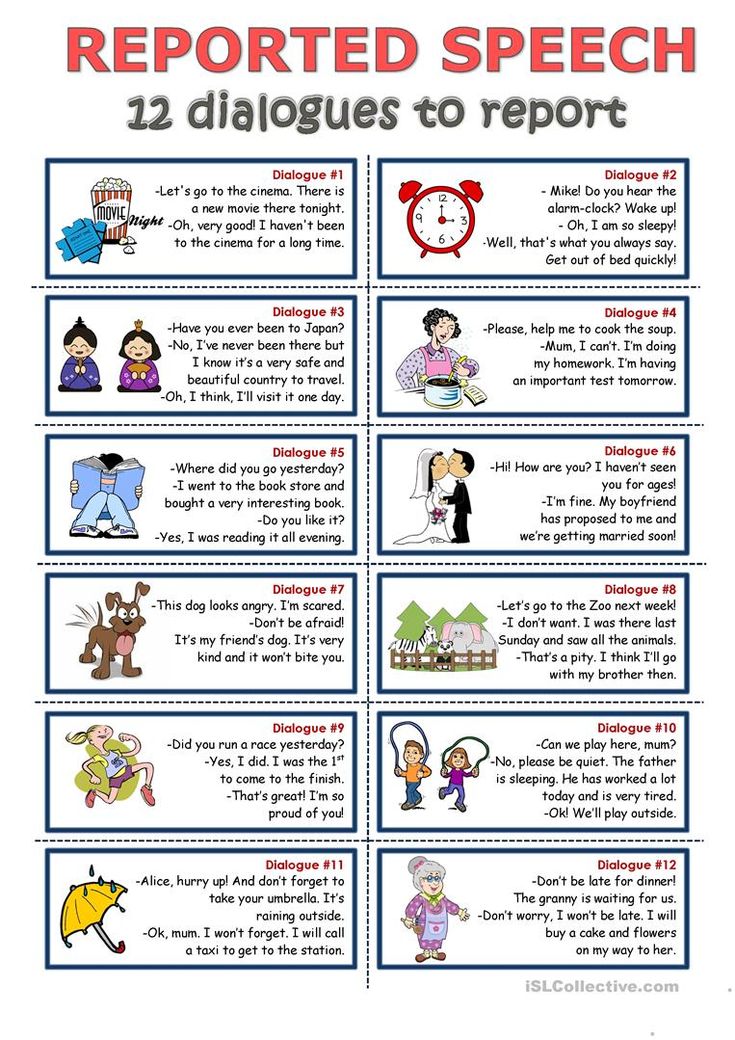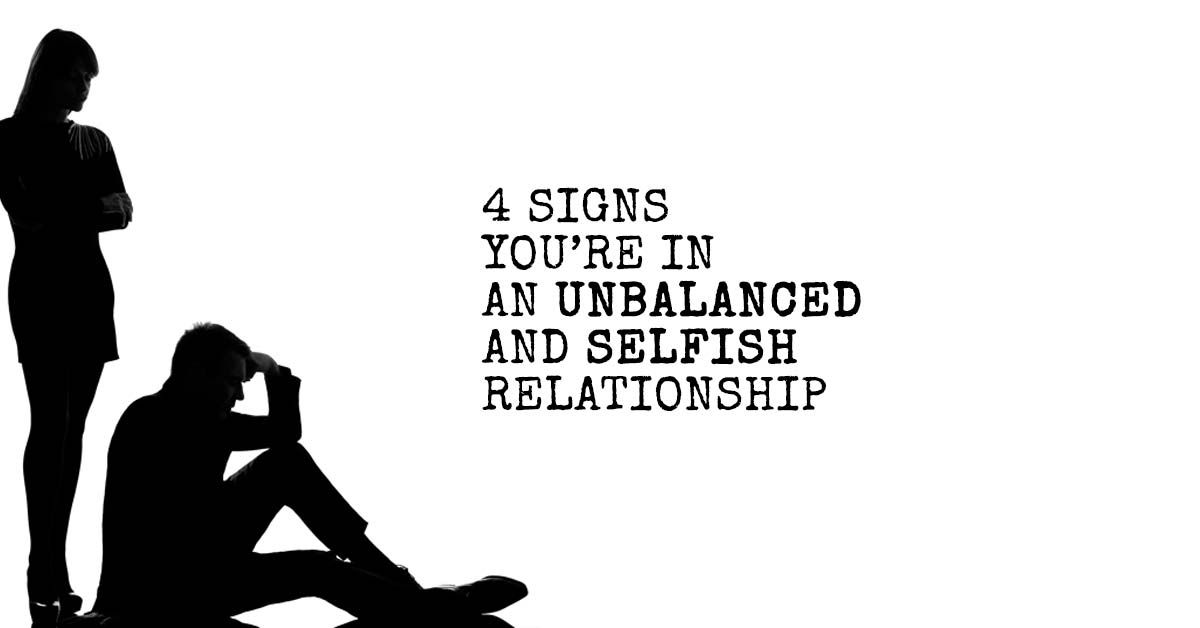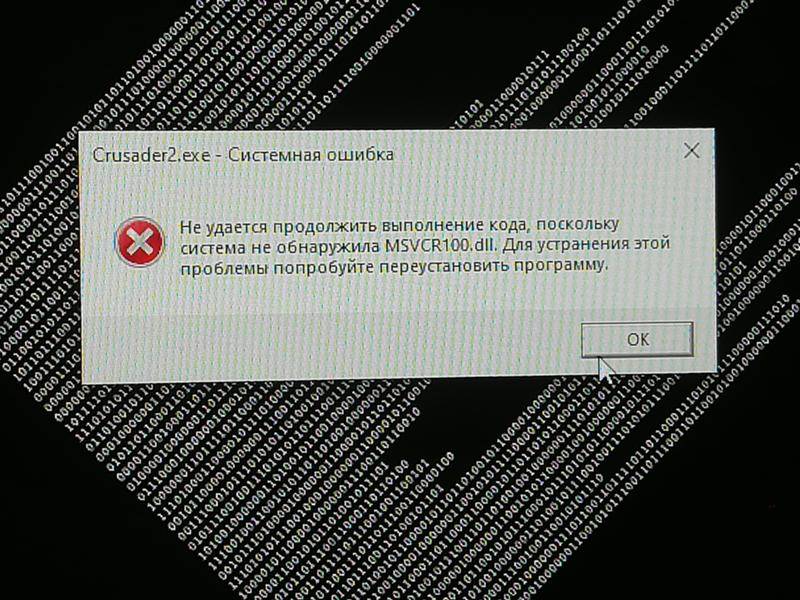Handle the pressure
6 Ways to Handle Work Pressure
Work pressure starts the minute you walk in the door on your first day. Meeting a bunch of new people and learning new procedures all at once is highly stressful; and you haven’t even begun performing your job duties yet. Once you do, you know you’re being evaluated for how well you “work under pressure” as management jargon calls it.
When you feel the pressure heating up, these techniques can help you keep your cool.
1. Adjust your attitude.
It’s automatic for human beings to see pressure as a threat to our wellbeing. In the workplace, though, you’re not really in danger. So that fearful viewpoint is as counterproductive as the pressure itself.
Highly successful people flip pressure into an opportunity to conquer a challenge, growing stronger and more experienced in the process. When you’re faced with learning a new skill quickly or meeting an impossible deadline, think about how it will help qualify you for a more responsible, rewarding position.
2. Stay in the present.
Worrying about the ultimate success or failure of the process can be overwhelming — and paralyzing. Instead, block all future possibilities out of your mind.
When star athletes are asked if they’re thinking about winning the championship, they always say no, they are focused only on the next game or competitor. You can use this same “one-step-at-a-time” mentality to minimize your own stressful situations.
3. Give yourself positive reinforcement.
Remind yourself that you’ve handled tough situations in the past and you know you can do it again.
If you can’t think of any similar pressures you’ve handled before, then “fake it till you make it,” as the saying goes. Amazingly, acting as if you are calm, competent and in control will become the reality — not just for outside observers but for yourself as well.
4. Visualize the worst case scenario.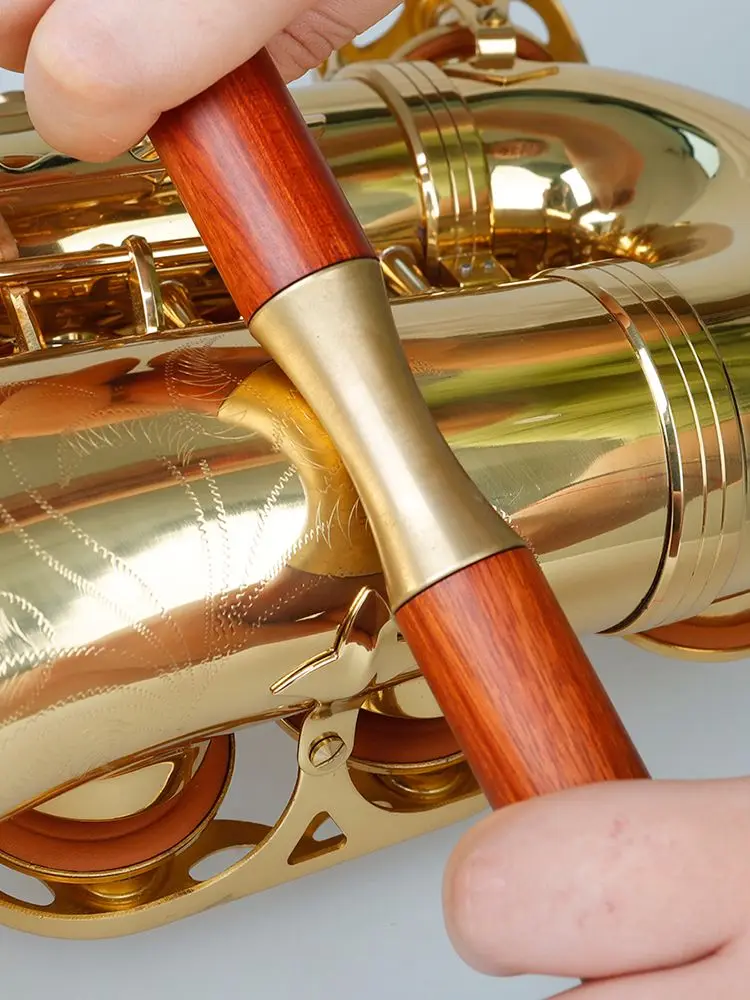
Sometimes it’s the fear of the unknown that really stresses you out. So what’s the worst that could happen if you fail? Make a plan for dealing with it, and you’ll be better able to manage your anxiety and stay on track.
Step back and take a good look at this terrible thing that might happen. Is it really the end of the world? Keeping the situation in perspective will also help reduce your stress.
5. Take a deep breath.
When people are in panic mode, they tend to start rushing and stop thinking clearly. This leads to mistakes and makes the situation even worse.
Take a minute to empty your mind and just breathe. This breaks the vicious cycle of anxious, useless thoughts (“What am I doing?” “What should I do?” “What is the boss thinking?”), and allows your brain to problem-solve objectively, flexibly and creatively.
6. Ask for help.
On the job, you’re surrounded by people who’ve felt the exact same stresses you’re feeling now.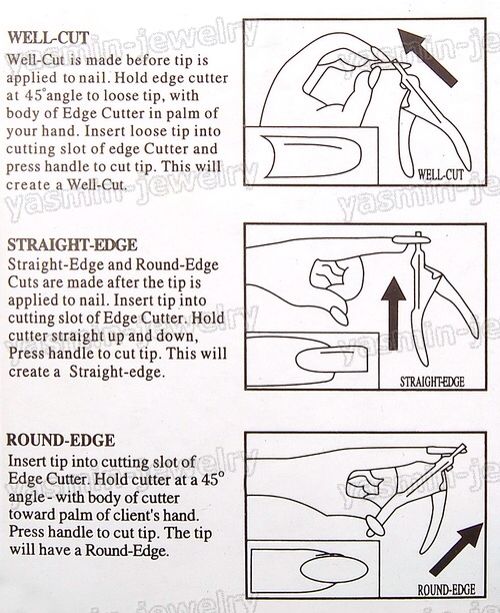 Whether it’s your team peers, supervisor or coach, they can share some great tips on handling the learning curves and relieving anxiety.
Whether it’s your team peers, supervisor or coach, they can share some great tips on handling the learning curves and relieving anxiety.
Remember, you all have the same goal: to make the team a success so that you can advance your career goals. Helping you will bring rewards for them, too.
While you’re here, don’t forget to check our job listings for your next great step toward career success. Or find an Integrity Opportunity Center near you and visit us in person.
Tips for Dealing with Pressure
ArticlesPressure
We all have pressure, those things we have to deal with every day – at home and work. Occasionally, we have additional one-off pressures like moving house or changing jobs. Everyone has their own individual pressures and we all deal with them in different ways. Here are some tips to help you think about your pressures and some actions you can take to manage them effectively:
- Understand your pressures
Think about all of the pressures you have.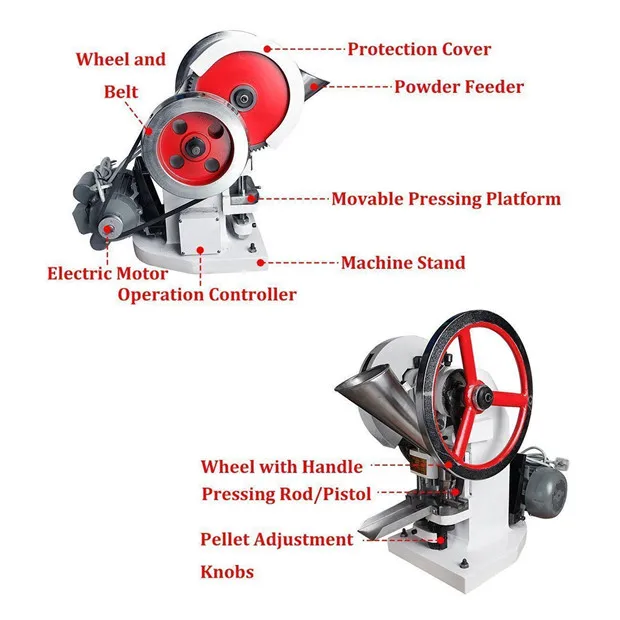 It might be a help to jot them down. Are there issues that come up regularly or is it a one-off situation that is worrying you? Acknowledging them, even if you can’t avoid them, can help you get prepared for them
It might be a help to jot them down. Are there issues that come up regularly or is it a one-off situation that is worrying you? Acknowledging them, even if you can’t avoid them, can help you get prepared for them - Get organised
Organising your time can help you feel more in control. Make a list – getting things out of your head onto a list can help clear your mind and help you see things in black and white. Work through the most important thing first. Once you’ve completed it, the others will feel easier. Don’t forget to cross it off your list – it’s satisfying seeing that list shrink! - Take it slowly
When we have lots of pressure and are getting stressed, we can find it hard to be productive or concentrate. Don’t try and do too much at once, give yourself time and concentrate on one thing at a time. Even if you don’t complete it all at once, recognise the progress you have made. It will make it less daunting to carry on next time - Vary your tasks
We all have things we enjoy doing more than others, but we still have to do them! Vary your tasks between those you like and those you don’t. This helps you stop putting things off or leaving them all to do at once
This helps you stop putting things off or leaving them all to do at once - Accept things you cannot change
There are some things or situations that we cannot change. Recognising this is not easy but, once you can, it means that you park them and put your efforts into the things you can do something about
If you’re struggling, get in touch. Call us on 08081 311 333 or chat with us online. You don’t have to do this alone - we've got your back.
Why not try SilverCloud? It's a digital platform with programs to help you manage and improve your mental health and wellbeing. It's completely free for anyone who works or has worked, in the automotive industry.
SilverCloud
More about stress & pressure
View all
Tips to deal with stress
Stress happens when we have too much pressure.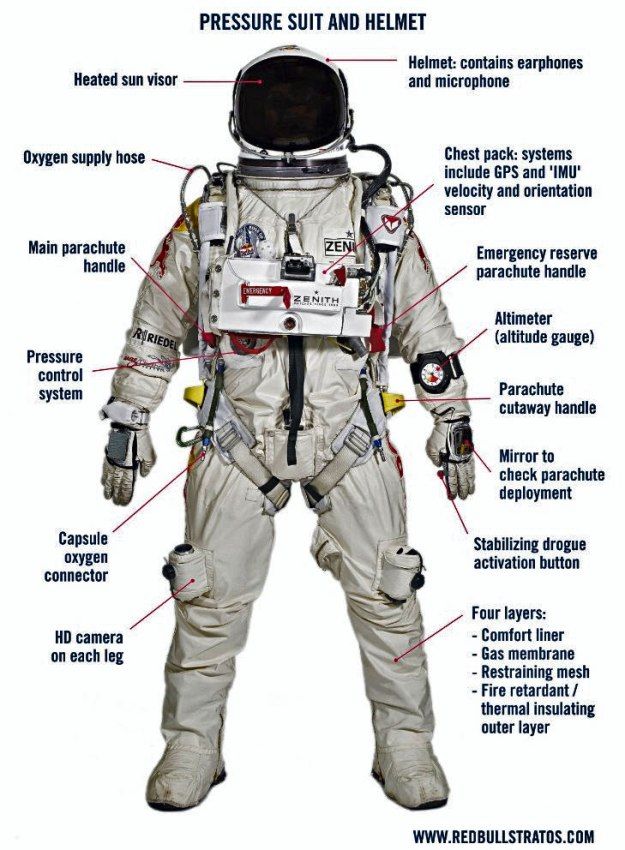 Use these top tips to feel more in control
Use these top tips to feel more in control
Using breathing to reduce stress
Breathing deeply can reduce your stress and anxiety levels. When you breathe deeply you improve your heart rate, reduce the stress on your body and even lower your blood pressure
View all
Sign up to hear more from Ben
How to Lower Your Blood Pressure: 4 Quick Ways That Will Surely Work
August 15, 2022 Likbez Health
And 10 more that will help you forget about high blood pressure forever.
High pressure kills. And this is not a metaphor. In the US alone, this cardiovascular problem claims the lives of more than half a million people each year.
What is high blood pressure and why is it dangerous?
High blood pressure is called the silent killer, and for good reason.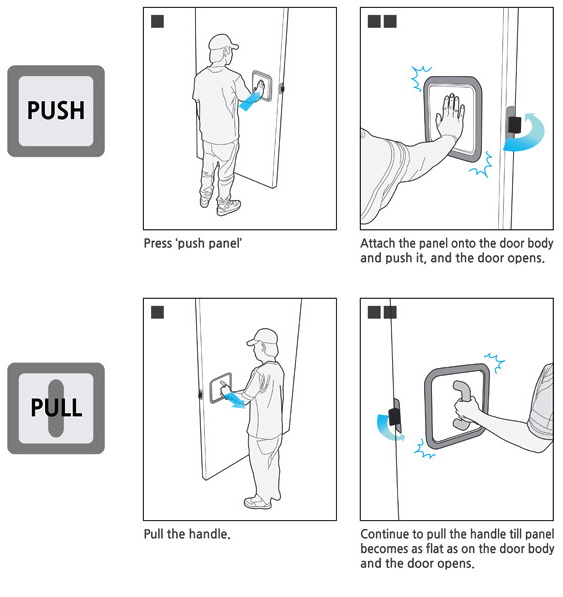 Hypertension (hypertension) often has no pronounced symptoms, but dramatically increases the risk of developing dangerous cardiovascular disorders and stroke.
Hypertension (hypertension) often has no pronounced symptoms, but dramatically increases the risk of developing dangerous cardiovascular disorders and stroke.
Blood pressure is measured in two number format.
- The first - systolic pressure - indicates how much (in millimeters of mercury) blood presses on the walls of blood vessels during ejection into the aorta due to contraction of the heart muscle. The latter is called systole.
- The second - diastolic - fixes the blood pressure at the moment when the heart is resting between beats. Relaxation of the heart muscle is called diastole.
In general, vessels are elastic. But if the blood pressure gets too high, they may not be able to keep up. Rupture of a vessel in any of the important organs leads to serious consequences - even death.
Which pressure is too high? In 2017, the American Heart Association recommended that blood pressures of 130/80 mm Hg be considered high. Art. In Russia and Europe, the bar is higher - 140/90.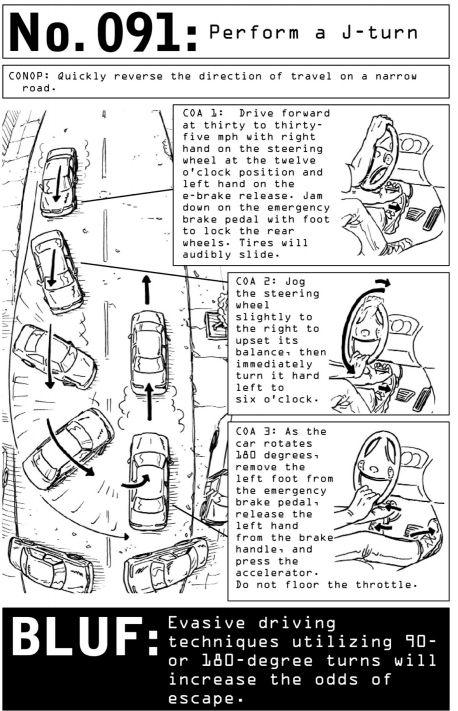
If your blood pressure is at or above this level, you are at risk. Urgent action needs to be taken.
How to quickly reduce blood pressure at home
Let's say right away: with complaints of hypertension, you should definitely go to a therapist. Depending on your blood pressure level, your lifestyle, and other factors, your doctor will tailor a personalized prevention and treatment plan for you, and most likely prescribe medications to help bring your blood pressure down to normal levels.
But if for some reason you haven't reached a therapist yet, here are a few ways to help lower your blood pressure. Choose the one that feels more comfortable to you, or combine several for maximum effect.
1. Take a few deep breaths
Studies show that proper deep breathing is one of the most effective ways to quickly reduce pressure in the vessels. This is because blood flow to all tissues in your body, including your limbs, is increased.
- Relax, close your eyes.
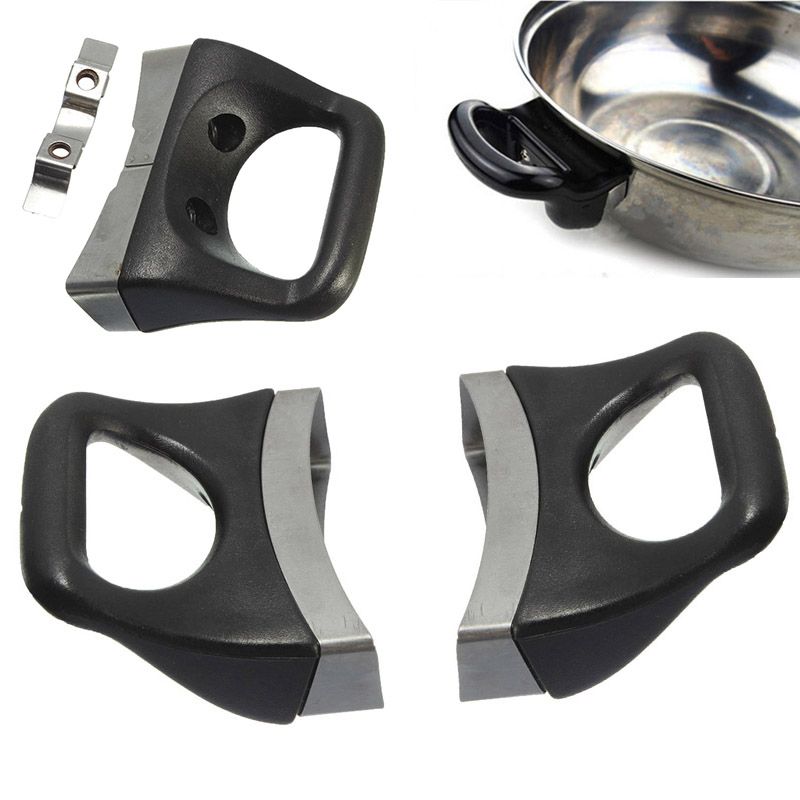 This will help reduce the level of stress - one of the main provocateurs of hypertension.
This will help reduce the level of stress - one of the main provocateurs of hypertension. - Inhale deeply to the count of 5. Inhale from your belly, not your chest. To control, put your hand on it: you should feel how it rises.
- Then exhale again for 5 counts.
- Repeat 3-5 minutes.
You can try holding your breath after exhaling for 8-10 seconds - choose the exercise option that seems more comfortable to you.
2. Take a hot bath
Fill a basin with water at a temperature of about 45 °C and immerse your hands or feet in it for 10 minutes. Hot water will cause the vessels in the limbs to expand, blood will flow to them, and the high pressure will decrease somewhat.
3. Drink warm mint tea
If you are not allergic, steep a pinch of mint leaves in boiling water for 10 minutes, let cool and sip the tea slowly. In this form, peppermint can lower blood pressure.
But remember: mint enhances the effect of drugs for high blood pressure. So be careful.
So be careful.
4. Take valerian tablets
Valerian is a powerful sedative that helps the body cope with stress. Thanks to her, the heart will begin to beat calmer, blood pressure will decrease. Important: when taking, do not exceed the dose indicated in the instructions!
How to permanently reduce blood pressure without drugs
Let us remind you once again: the above methods to reduce blood pressure at home are emergency measures. It is necessary to fight the "silent killer" only with the help of a doctor, scrupulously following his recommendations.
But there is good news. The level of pressure is greatly influenced by lifestyle. It is enough to change it in a healthy way, and hypertension will either recede altogether, or your need for drugs will decrease significantly.
Mayo Clinic, a respected research organization, has compiled a list of 10 essential life changes:
- Lose excess weight. Each kilogram lost will reduce your blood pressure by about 1 point.
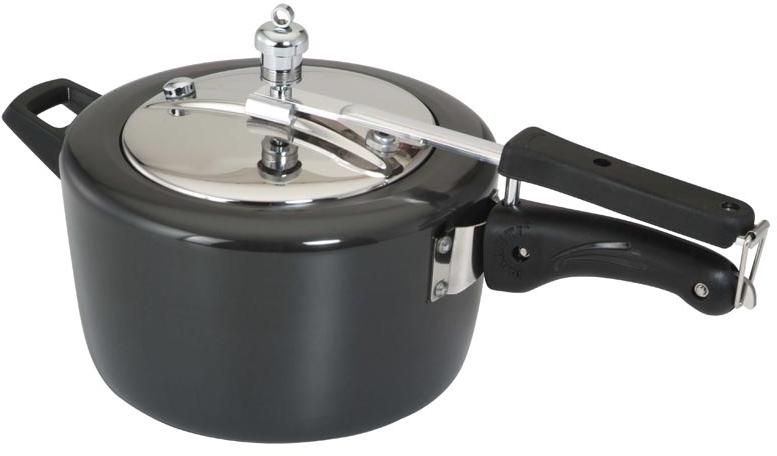
- Exercise regularly. Your choice is aerobic exercise: long walks, jogging, cycling, swimming, dancing. Dedicate at least 30 minutes a day to these activities. In this case, you will be able to reduce the pressure by another 5-8 points.
- Eat healthy food. More fruits, vegetables, cereals (cereals), less fats, convenience foods, pastries. Revising your diet will help you “subtract” up to 11 points from your BP.
- Reduce the amount of salt in your diet. At least for a little bit. This will help lower your blood pressure by 5-6 points. Remember: WHO and other authorities recommend no more than 5 grams of salt per day, which is less than a teaspoon!
- Do not drink or at least limit the amount of alcohol. Including beer. The latter leads to fluid retention and increased pressure. In addition, the substances contained in beer increase the amount of adipose tissue in the abdomen, and this also has a bad effect on pressure. In general, there is no safe dose of alcohol.
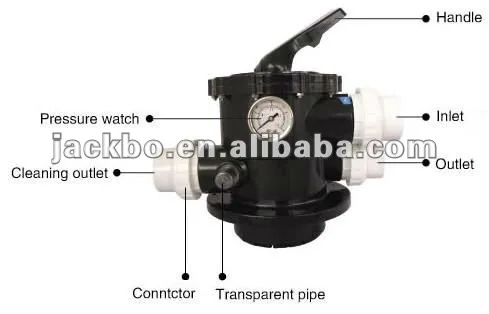 But if you can't completely give it up, at least don't go over the limit. For women, this is 330 ml of beer, or 150 ml of wine, or 50 ml of a 40-degree drink per day. For men, twice as much.
But if you can't completely give it up, at least don't go over the limit. For women, this is 330 ml of beer, or 150 ml of wine, or 50 ml of a 40-degree drink per day. For men, twice as much. - Stop smoking. Each cigarette raises blood pressure by 25%.
- Drink less coffee. However, this is a bit of a controversial issue, since scientists are still discussing the effect of coffee on blood pressure levels. The fact is that in some people caffeine causes an increase in blood pressure, while in others this effect is not observed. If you belong to the first category (check: measure the pressure before the coffee break and 30 minutes after it and compare the indicators), it is better to refuse the drink.
- Try to reduce your stress. Chronic stress is one of the main provocateurs of high blood pressure.
- Monitor your blood pressure at home and consult your doctor regularly. Home monitoring will help you better understand which lifestyle changes are working and which are not.
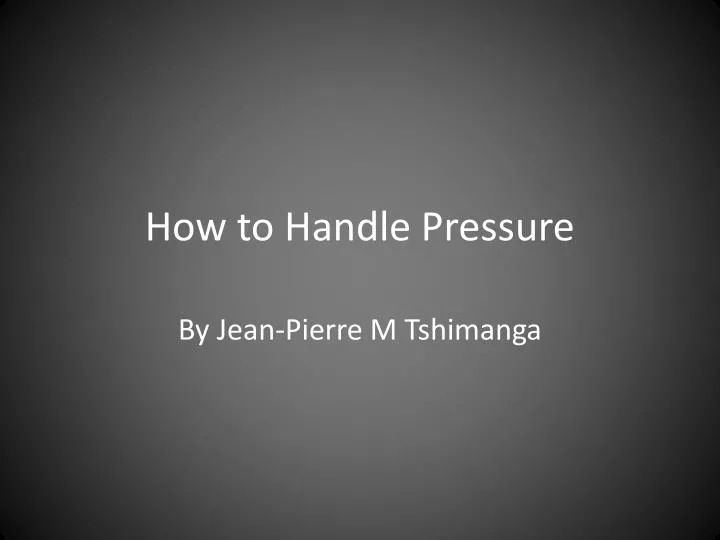
- Reach out to family and friends for support. Let them know about your problem and ask for help. Caring for loved ones will make your struggle easier and reduce stress.
Read also 🧐
- 9early symptoms of Alzheimer's disease
- 8 signs of myocardial infarction, when you need to call an ambulance
- How much exercise to keep the heart young
First aid for high blood pressure
Reading time: 6 minutes
Content:
What causes high blood pressure?
What pressure is considered high and dangerous?
Why is a sharp increase in blood pressure dangerous?
What should I do if my blood pressure is high?
How to prevent high blood pressure?
Doctors call a sharp increase in blood pressure (BP) a hypertensive crisis - this is a really critical condition, it can be dangerous, therefore it requires an ambulance call 1 . It can be faced by hypertensive patients who are used to taking pills to normalize blood pressure, as well as people who have not had such problems before 5 .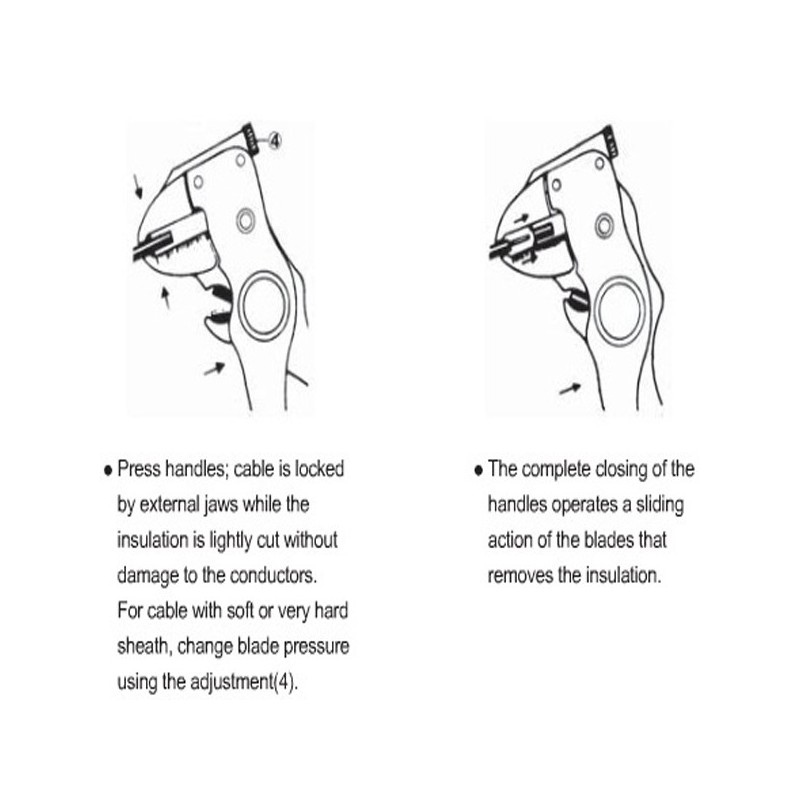
What to do with high blood pressure? What to do before the arrival of the medical team? What mistakes should be avoided? We will answer these questions in the article.
What causes high blood pressure?
The level of blood pressure depends on three main factors - the tone of small arteries, the amount of fluid in the bloodstream and heart contractions 1 . All this determines the pressure that the walls of the vessels experience while blood flows through them 6 . In hypertensive patients, the regulation of these processes is disturbed: there is a tendency to spasm of the arteries, fluid retention in the body and / or more active work of the heart. Therefore, even ordinary situations that are not dangerous for a healthy person can cause a sudden increase in blood pressure in a hypertensive patient 1 .
The following factors can provoke a hypertensive crisis 2 :
- emotional overstrain;
- intense physical activity;
- prolonged mental work without rest, especially if it is associated with great responsibility;
- lack of sleep;
- drinking large amounts of water or salty foods;
- weather changes, fluctuations in air temperature;
- prolonged sun exposure;
- loud noises, bright lights which cause overexertion;
- excessive coffee consumption;
- smoking a lot of cigarettes;
- certain foods.

Did you know that…
Some types of cheese, such as cheddar, are high in tyramine. Once in the body, it stimulates the production of stress hormones (catecholamines), and they, in turn, cause a spasm of the arteries, provoking an increase in pressure (arterial hypertension) 2 .
But most often, a pronounced rise in blood pressure is due to the fact that a person forgets to take the drugs prescribed by the doctor, or stops taking them on his own, believing that since the pressure “does not jump” anymore, then you can not take medications 3.5 . Poor adherence to treatment of arterial hypertension increases the risk of hypertensive crisis by 6 times 3 .
What pressure is considered high and dangerous?
The main and obligatory feature of a hypertensive crisis is a sharp increase in blood pressure to individually high (higher than usual) values within minutes, a maximum of several hours 4 .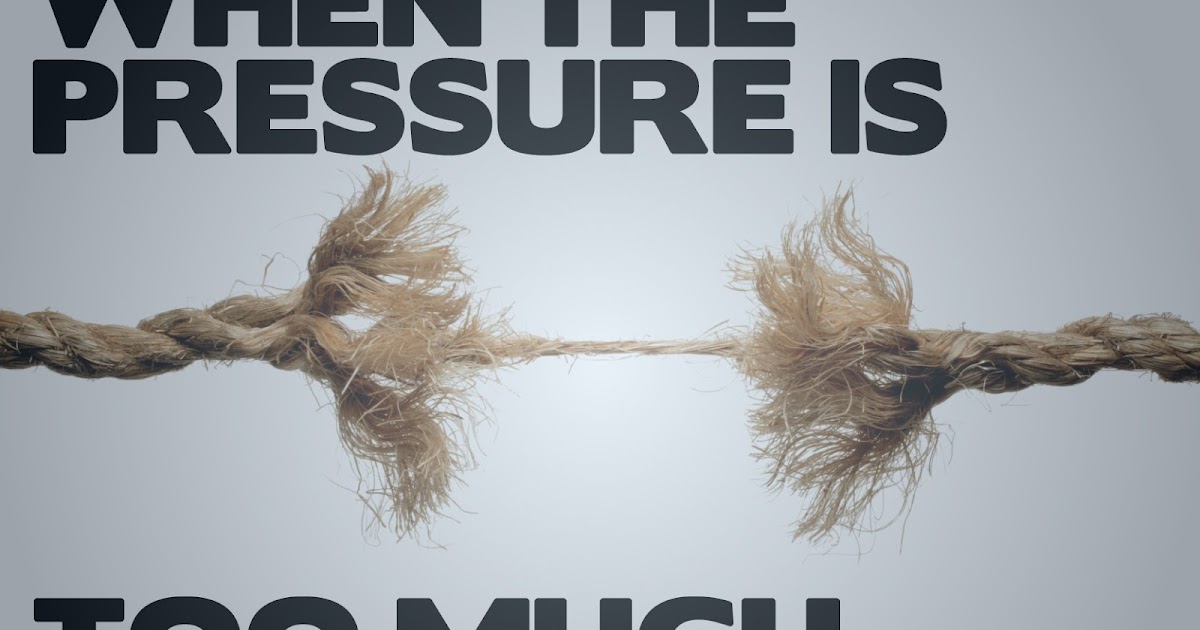 For example, in humans, blood pressure usually reaches the level of 150/95 mm Hg. Art., but he does not feel any complaints at the same time. And with a rapid increase to 160/100 mm Hg. Art. or higher, various unpleasant symptoms occur.
For example, in humans, blood pressure usually reaches the level of 150/95 mm Hg. Art., but he does not feel any complaints at the same time. And with a rapid increase to 160/100 mm Hg. Art. or higher, various unpleasant symptoms occur.
For young people, even a slight rise in blood pressure can be dangerous, while in the elderly, symptoms of a crisis are sometimes absent even with high numbers 4 . Therefore, first of all, pay attention to your well-being.
Back to top
Why is a sharp increase in blood pressure dangerous?
With a rapid and sudden rise in blood pressure, "under the gun" are target organs - the heart, blood vessels, brain or kidneys. They are involved in the regulation of blood pressure in the normal. But when it “jumps” sharply, the mechanisms of blood flow regulation fail 1.2 . Then the blood supply to the target organs is disturbed - the blood flows either little or in excess. In both cases, the function of the organ is impaired 2 .
In an uncomplicated crisis, a person is bothered 5 :
- headache;
- dizziness;
- nausea;
- muscle tremors;
- increased perspiration;
- red spots on the skin;
- heartbeat;
- by the end of the crisis - copious excretion of urine;
- occasional loose stools.
In severe cases (with a complicated course), dangerous complications can develop - stroke, myocardial infarction, retinal detachment 1 . The first signs of these conditions may be confusion, fainting, vomiting, chest pain, choking, numbness, or impaired speech 1.5 .
When to call an ambulance?
It is impossible to know in advance whether a crisis will be limited to mild symptoms or lead to complications. Therefore, with any increase in pressure, you need to consult a specialist.
Be sure to call an ambulance if 5 :
- this is the first case of high blood pressure;
- you are an "experienced" hypertensive patient;
- you are over 60 years old;
- you are pregnant;
- you have a chronic disease (autoimmune disease, kidney disease or hormonal disorders).
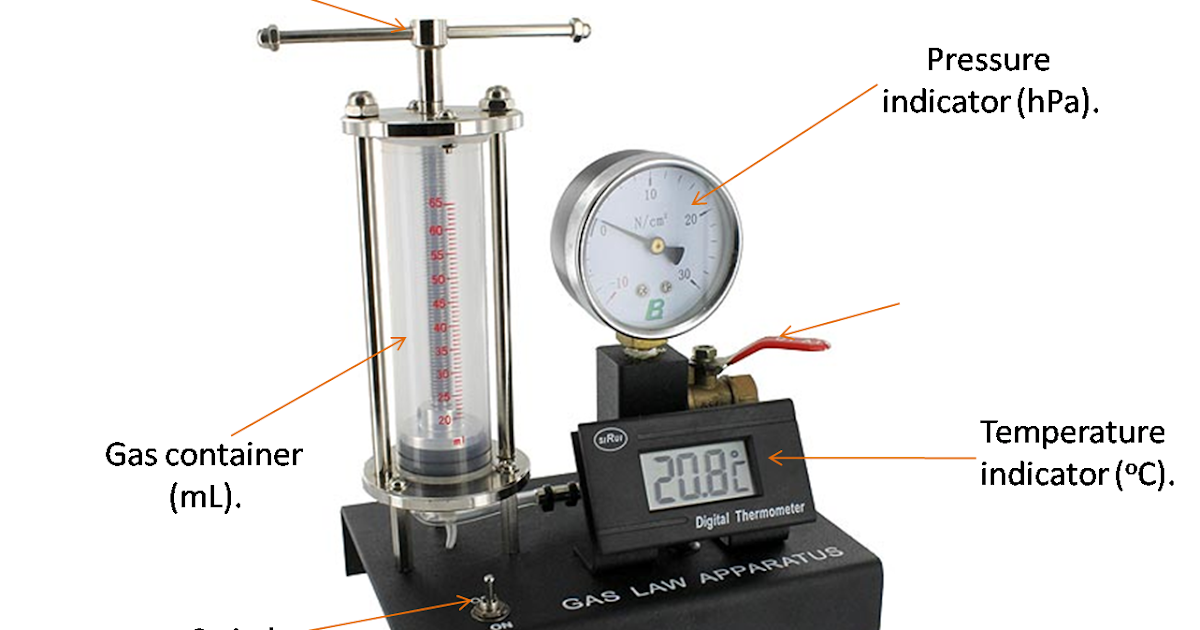
What should I do if my blood pressure is high?
If you feel unwell, you need to measure your blood pressure. At values 160/90 mmHg Art. and above, take the drugs prescribed by your doctor in case of a sharp increase in blood pressure 7 .
A hypertensive crisis can strike you anytime, anywhere. If you have a tendency to hypertension, it is advisable to form an individual mini-first aid kit and carry it with you at all times. In the first aid kit, you should put the drugs that the doctor recommended to take as first aid for high blood pressure 7 .
However, in a hypertensive crisis, "regular" tablets, or rather, their usual dosage, may be ineffective, especially if the "upper" pressure is above 200 mm Hg. Art.. Therefore, be sure to call an ambulance 7 .
While waiting for a specialist , you can use the following tips:
- postpone any classes 6 ;
- remove bright light 7 ;
- open shirt collar 7 ;
- ventilate the room for fresh air 7 ;
- sit in a chair with armrests 7 ;
- dip your feet, preferably in a container of hot water 7 ;
- breathe slowly 6 ;
- you can have a cup of sweet tea 7 .
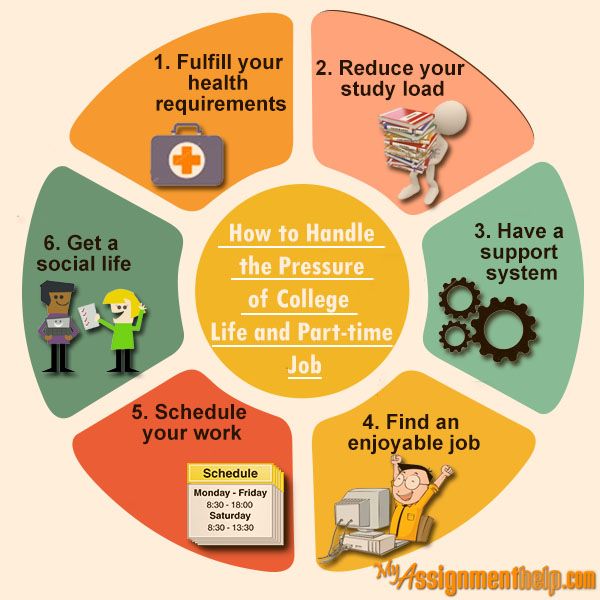
What not to do if your blood pressure is high 40-60 minutes after taking the medicine recommended by your doctor, check your blood pressure again. If its level has decreased by 20-30 mm Hg. Art. from the initial and / or your health has improved, you can lie down on a bed with a raised headboard. Write down what drug and at what dosage you took - this information should be reported to the doctor 7 . The hypertensive crisis is over, but this does not mean that the pressure is under control. In order to prevent its increase again, you must follow all the instructions of the attending physician. Get ready to change your habits. For hypertension, it is recommended: Did you know that… Potassium and magnesium help prevent high blood pressure in hypertensive patients. Potassium counteracts the vasoconstrictive effect of sodium, which comes with table salt. It also reduces the sensitivity of blood vessels to hormones that cause arterial spasm. Magnesium provides an optimal level of potassium inside the cells and promotes vasodilation 8 . Sufficient intake of potassium and magnesium is one way to prevent complications associated with hypertension. In addition, the use of potassium and magnesium preparations can enhance the effects of drugs that are used to control pressure 8 . Panangin® is a preparation that contains potassium and magnesium with aspartic acid. The latter increases the permeability of cells to magnesium and potassium, and these trace elements are better absorbed. Potassium and magnesium help strengthen the heart muscle, control blood pressure and heart rate. Return to top How to prevent high blood pressure?
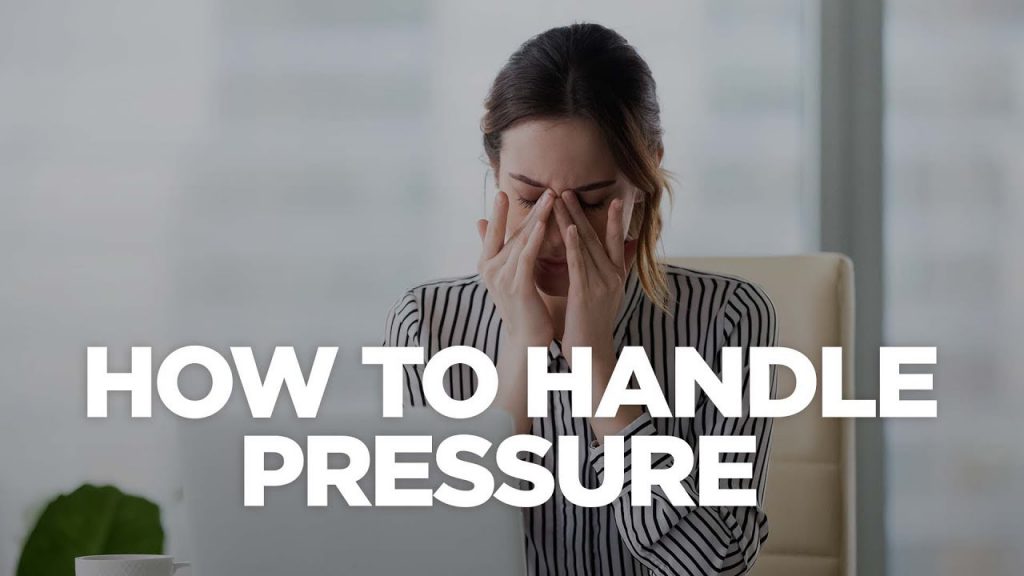
 Panangin® is a regular nutrition for the heart, which helps to make it stronger and keep life full 9 .
Panangin® is a regular nutrition for the heart, which helps to make it stronger and keep life full 9 . References:
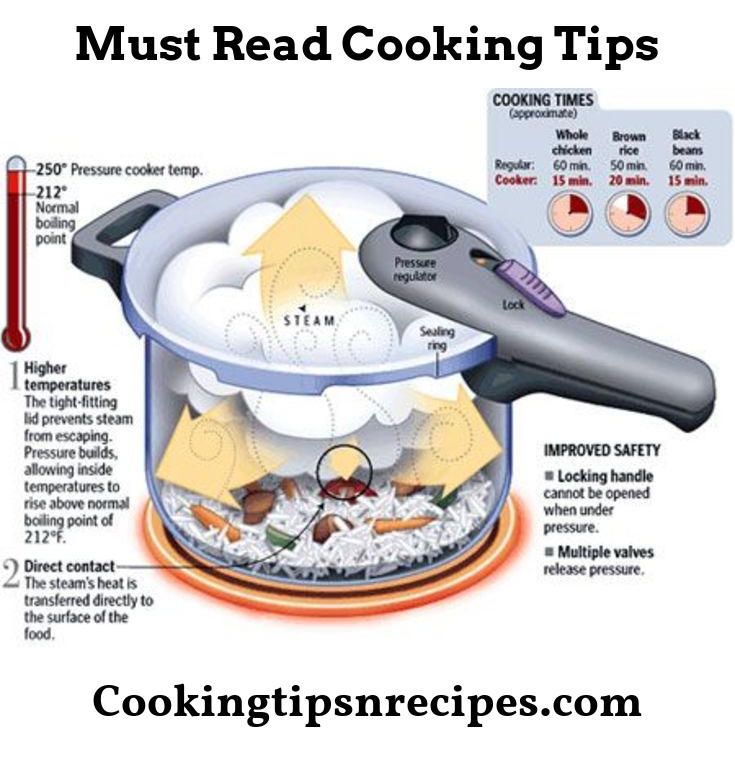
Learn more



